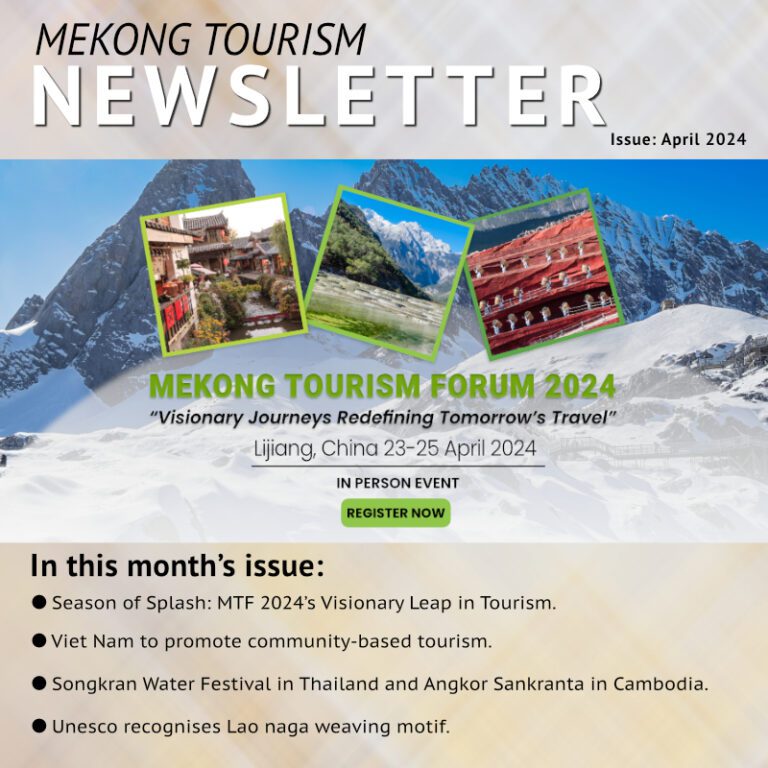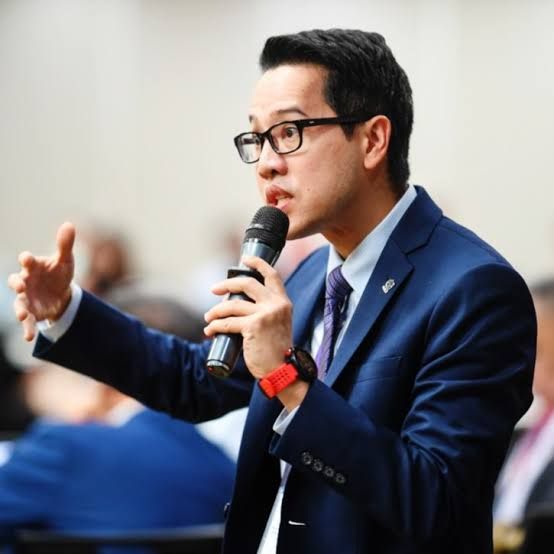Luring more tourists to and stay in Vietnam would be facilitated if there were a transparent and flexible visa policy for foreign travellers, experts have suggested.
According to data from the General Statistics Office of Vietnam, in the first four months of 2019, the number of international tourists coming to the country was estimated at nearly six million. Despite an increase of 7.6% compared to the same period in 2018, it is still a low increase, far lower than that in previous years. For example, in the first four months of 2018, the growth rate was at 29.5% compared to the same period in 2017, while the figure for the first four months period in 2017 was at 30.3%, compared to the same period in 2016.
It is worth mentioning that, while Asian visitors increased strongly, the proportion of visitors from markets with high spending has tended to decrease since 2015, such as North American visitors who fell from 7.6% to 5.8 %, and European visitors down from 14.6% to 13.1%. One of the basic causes pointed out by tourism experts at the Vietnam Private Sector Economic Forum 2019 in Hanoi recently is the lack of attractive visa policy.
The story was analysed a few years ago when international arrivals to the country showed signs of slowing down. In fact, in recent years, Vietnam has made multiple efforts to improve the openness of its visa policies, such as unilateral visa exemption for 13 nations and applying e-visas for citizens from over 80 countries. However, when compared to other countries in the region, Vietnam’s visa policy is still limited by the lack of competitiveness and limited openness. While Thailand exempts visitors from nearly 60 countries from visas, Indonesia for nearly 170 countries, and the Philippines 160 countries, this number in Vietnam is only 14 countries.
In tourism development, visa exemption is not a leading factor determining growth, nor does it fully represent a country’s competitiveness for tourism, because this capacity depends on the level of the responsiveness of infrastructure, product quality and human resources. However, undeniably, the visa policy always has a great impact on international tourist traffic, and increasing visa openness to create competitive advantage has been a measure adopted by many countries.
Evidence is that after the Government of Vietnam decided to exempt visas for citizens from the EU, the growth in the number of visitors from the bloc has always been impressed with an average increase of more than 20% per year. Or after the Republic of Korea (RoK) applied a five-year visa to Vietnamese citizens who have a permanent residence in the big cities of Hanoi, Da Nang and Ho Chi Minh City, and not limiting the number of visits at the same time, has helped increase the number of Vietnamese guests to the RoK impressively for the past few months.
According to travel experts, to attract more visitors, the first requirement is to make the destination easy to travel to. In the context of tourism being considered a “hen laying golden eggs” for many countries, most visitors will tend to choose favourable destinations with simple procedures. So, as long as the visa policy is not sufficiently clear, creating fear for tourists, it is still a “barrier” to limit tourism development.
To reach the goal by 2020, Vietnam will attract 17 to 20 million international tourists, with revenue from tourism reaching US$35 billion and by 2030 tourism becoming a key economic sector, the country needs to quickly improve and innovate visa policies and expand visa exemption for key markets with high spending and long-term stays.
For this market, instead of visa exemption year by year, a longer-term programme should be applied to avoid disturbance for visitors and also for tourism companies to be proactive in developing marketing strategies to attract guests. This is also a solution to restructure the tourist market in the direction of focusing on quality growth while ensuring the stable and sustainable development of the tourism industry.
Read the full article at Nhan Dan: http://en.nhandan.org.vn/travel/item/7441102-transparent-and-flexible-visa-policy-needed-to-boost-vietnam-tourism-experts.html





